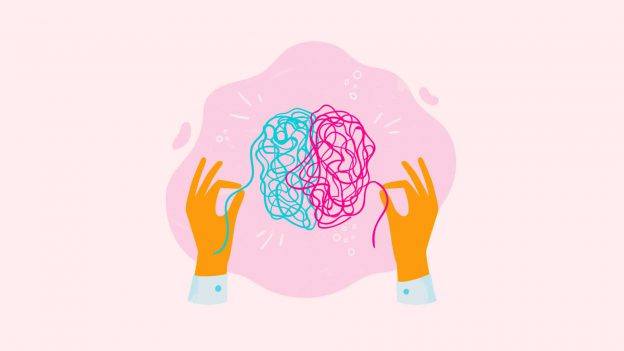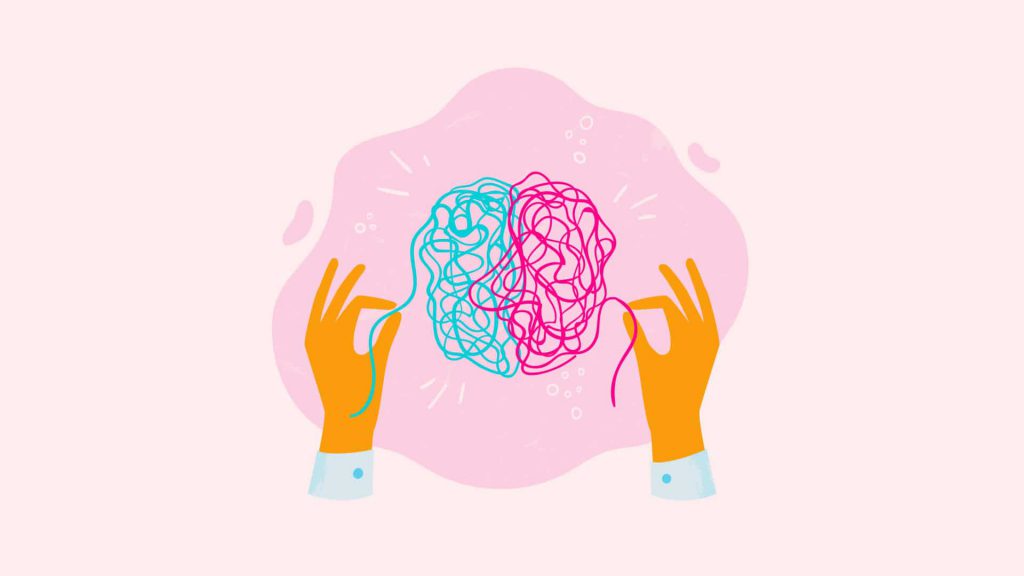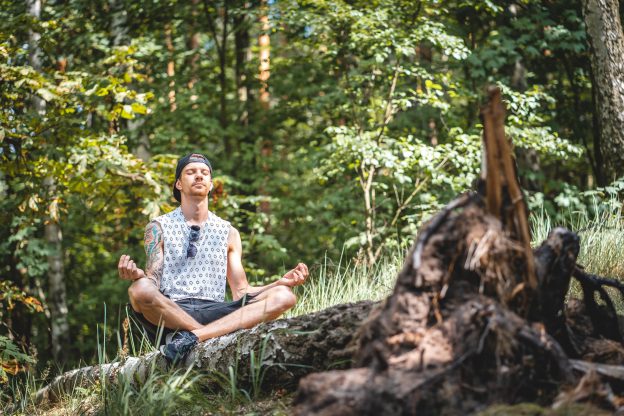Individuals who experiment with substances of abuse for the first time usually wonder how long it takes to get addicted to drugs or alcohol. Or, how much can they take before developing an addiction? The answer is complicated because many factors contribute to the development of addiction.
Many people don’t understand why or how other people become addicted to drugs. They may mistakenly think that those who use drugs lack moral principles or willpower and that they could stop their drug use simply by choosing to. In reality, drug addiction is a complex disease, and quitting usually takes more than good intentions or a strong will. Drugs change the brain in ways that make quitting hard, even for those who want to. Fortunately, researchers know more than ever about how drugs affect the brain and have found treatments that can help people recover from drug addiction and lead productive lives.
You may have heard that certain drugs are more addictive than others, or someone may have told you that some drugs are not addictive at all. You may have even witnessed someone using drugs recreationally who didn’t seem to be addicted to what they were taking. What is true, what is not, and just how easy is it to get addicted to drugs? The information here will help you navigate what can be a confusing topic.

Dependence vs. Addiction
Sometimes, these two terms are often used interchangeably when talking about substance abuse. They are not the same though. It is essential to understand the difference to better understand withdrawals, treatment programs, and sustained recovery. It is important to understand that someone can be addicted to drugs or alcohol without demonstrating a physical dependence to that substance. When people use the term “dependence,” they are usually referring to a physical dependence on a substance.
Dependence is characterized by the symptoms of tolerance and withdrawal. While it is possible to have a physical dependence without being addicted, addiction is usually right around the corner.
Addiction is marked by a change in behavior caused by the biochemical changes in the brain after continued substance abuse. Substance use becomes the main priority of the addict, regardless of the harm they may cause to themselves or others. Addiction causes people to act irrationally when they don’t have the substance they are addicted to in their system.
Your Brain Addicted to Drugs
You are at the mercy of your brain. It plays a significant role in your dependence on a substance. The first time someone uses a drug, he or she may begin to feel its effects immediately. For example, when someone consumes ecstasy, they experience a burst of euphoria. When they take a painkiller such as oxycodone, they may feel extreme relaxation and reduced anxiety. Your brain reacts differently to each drug, and each drug affects certain areas of the brain. Addiction can be expedited if the substance is injected intravenously, snorted, used in large amounts, or taken in high frequencies. The more you take, or the heavier the dosage, the higher your tolerance becomes over time. This causes the pleasure to weaken and the cravings to heighten. Oftentimes, this result leads to an individual becoming addicted to drugs.
Tolerance Is a Key Symptom of Being Addicted to Drugs
Sometimes an addiction can sneak up on you slowly and insidiously. As you continue to use a drug, you can slowly build up a tolerance to it, which means that you no longer get the same feeling or “high” that you once got by taking a small amount.
Once your tolerance begins to build, you might increase the dose or frequency of taking the drug. You are trying to get that same “high” that you felt in the beginning when your body was not used to the drug. As you continue to build tolerance, you end up taking more of the drug. Your body becomes chemically dependent on the drug. This means you discover that you need to take the drug just to feel normal or leveled out
Health Effects of Addiction
Many people who use illicit drugs think that the only bad thing about doing drugs is that they are illegal and if you get caught, you can go to jail. The truth is there are negative health effects associated with every illegal drug out there and some of them can be fatal.
Cocaine
The effects of cocaine may not be as immediately noticeable as those of meth use, but they can be just as devastating. Although cocaine overdose is rare, the use of the drug can lead to an increased risk of heart attack and stroke.4 Cocaine stimulates the central nervous system and affects how the brain processes dopamine. Other health problems can occur depending on how the drug is used: snorted, ingested, or injected.
Methamphetamines
The health effects of methamphetamine use may be the most noticeable and visible of any of the commonly abused illegal drugs because it has such a dramatic effect on the outward appearance of people who chronically use the substance. After a relatively short period of use, methamphetamine will begin to show on the faces of some who use it and begin to rot their teeth. Meth is a stimulant, which affects the body’s central nervous system. It’s highly addictive and cheaper than many other street drugs, which is why so many get hooked so easily.
Heroin
Some of the health effects associated with heroin use are not due to the use of the drug itself but related to the manner in which it is used. People who inject heroin can suffer many negative health effects related to infections that develop due to the use of non-sterile injection techniques. It’s easy to overdose on heroin, which is often cut with other toxic substances. Heroin is a highly addictive drug in the opioid family, with withdrawal symptoms beginning shortly after the drug is taken. Studies have also found that heroin use can lead to a loss of the brain’s white matter, which plays a role in a variety of important brain functions.
How Long Does It Take to Get Addicted to Drugs?
There isn’t a simple formula for how long it takes an individual to become addicted. Some users will begin craving the drug immediately after it wears off the first time. Others may use a drug recreationally several times. Or even binge on it a few times, before developing a daily drug habit.
Users of habit-forming prescription drugs may prevent dependency by speaking to their prescribing doctor about the possible risks of dependency. While short-term use of habit-forming drugs may be effective in treating some conditions, long-term use may lead to tolerance and dependency. Especially in those who have a history of substance abuse.
A good indication of how habit-forming a medication is can be its half-life. This is the time it takes for half of a drug’s dosage to be metabolized and eliminated from the bloodstream.
Those with a shorter half-life may take action more quickly, but they also leave the body more quickly. These drugs have a higher risk of withdrawal symptoms and a higher risk of abuse or dependency.
Steps to Prevent Addiction
Opioids are safest when used for three or fewer days to manage acute pain, such as pain that follows surgery or a bone fracture. If you need opioids for acute pain, work with your doctor to take the lowest dose possible, for the shortest time needed, exactly as prescribed.
If you’re living with chronic pain, opioids are not likely to be a safe and effective long-term treatment option. Many other treatments are available, including less-addictive pain medications and nonpharmacological therapies. Aim for a treatment plan that makes it possible to enjoy your life without opioids, if possible.
The most important step you can take to prevent opioid addiction? Recognize that no one is safe, and we all play a role in tackling the grip these drugs currently hold on our loved ones and communities.
Addicted to Drugs? Harmony Ridge Recovery is Here to Help
The time it takes to pick up the disorder is different for everyone, though evidence shows it may not take very long for some people. Once developed, addiction can consume your everyday life, taking you down a long, dark road. If you or someone you love is addicted to drugs now is the time to reach out and ask for help.















